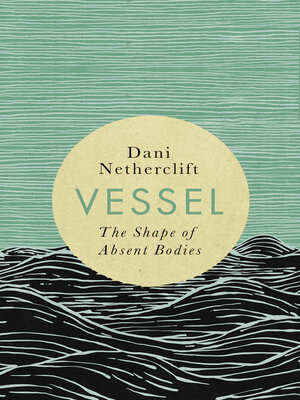
Sign up to save your library
With an OverDrive account, you can save your favorite libraries for at-a-glance information about availability. Find out more about OverDrive accounts.
Find this title in Libby, the library reading app by OverDrive.



Search for a digital library with this title
Title found at these libraries:
| Library Name | Distance |
|---|---|
| Loading... |
An evocative, lyric bricolage of memoir, literature, history, and translation that wrestles with the shape death takes.
Who would think to call Ophelia a corpse? She is but a woman emptied of herself.
In 1993, when she was 18 years old, Dani Netherclift witnessed the drowning deaths of her father and brother in an irrigation channel in North-East Victoria, Australia. Or, she saw her father and brother disappear beneath an opaque surface and never saw her loved ones again. Netherclift hasn't stopped imagining the shape of this bodily loss. Not viewing the bodies grows into a form of ambiguous loss that makes the world dangerous, making people seem liable to suddenly vanishing.
What would it have been like to have seen them, after the fact? To have looked upon their bodies. To picture the emptied vessels of her father and brother is to reach toward a sense of closure; a form of magical thinking in which goodbye is made possible. Vessel pulls together a language of space and ruin, building toward the realization that all bodies become in the end bodies of text, beautifully written palimpsests—elegies—inked on the skins of the dead.
"Beautiful, and terribly moving. She approaches unbearable loss with a delicate step, and walks right to its core, paying it the deepest possible respect."—Helen Garner, author of This House of Grief and Monkey Grip







